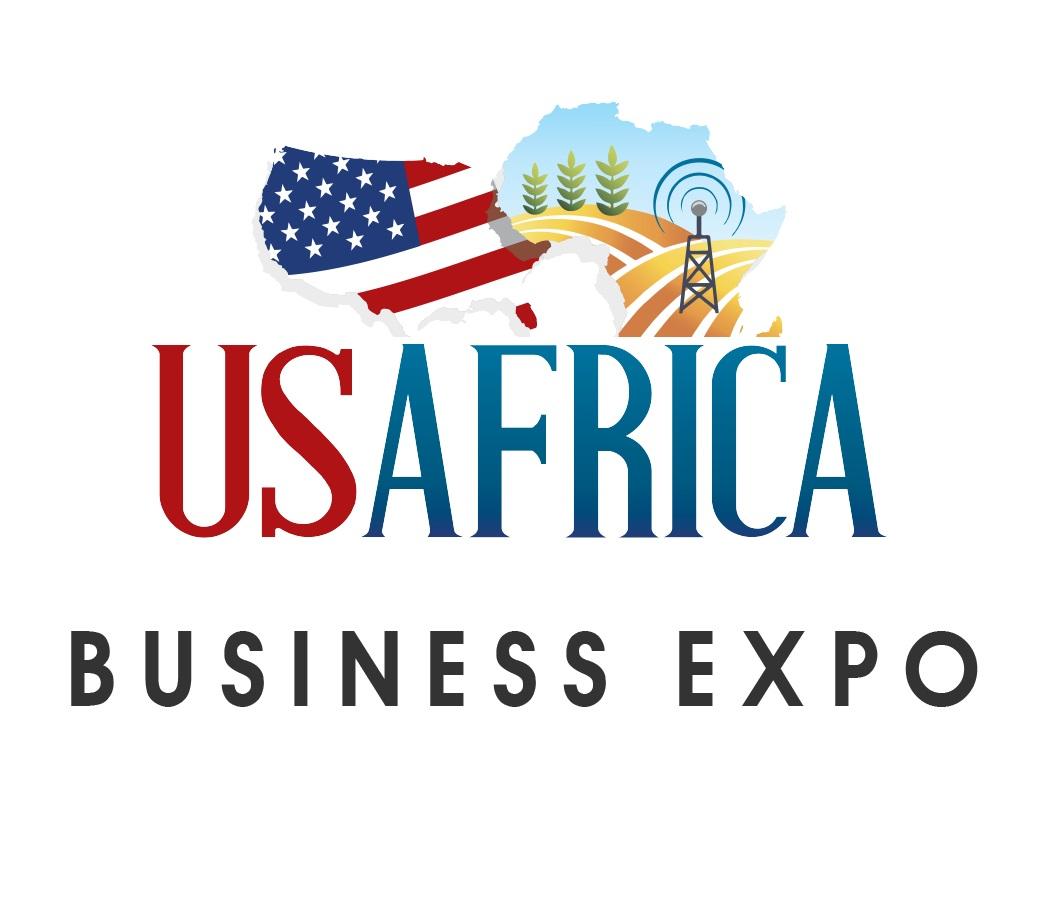
by Gbenga Omotayo | Feb 25, 2020 | news, Nigeria
TWO OPEN POSITIONS SOCIAL MEDIA AND CONTENT DEVELOPER INTERN DIGITAL MARKETING INTERN SOCIAL MEDIA AND CONTENT DEVELOPER INTERN (FREELANCE) Pacetas Agency is a full-service advertising, marketing and event production company servicing government agencies, small...
by Gbenga Omotayo | Aug 22, 2019 | Africa, Press Release
NEW YORK, NY August 15, 2019—On September 20, the eve of the 74th session of the United Nations General Assembly, Her Excellency Dr. Arikana Chihombori-Quao – African Union Ambassador to the U.S.A., will lead other diplomats, and business leaders to the USAfrica...

by Gbenga Omotayo | May 21, 2019 | Africa, Business, Nigeria, Press Release
Recently, the Nigerian Export Promotion Council (NEPC) AGOA Trade Resource Centre, Lagos unveiled the AGOA Textile Visa Stamp. The Textile Visa Stamp according to the NEPC would enable garment manufacturers in Nigeria to have tariff concession on textile and garments...

by Gbenga Omotayo | May 20, 2019 | Business
The Nigerian Investment and Promotion Commission (NIPC), has stressed the need to constantly improve the business environment at the sub-national level to attract more investment into the country. The Chief Executive Officer of NIPC, Ms Yewande Sadiku, while...
by Gbenga Omotayo | May 20, 2019 | Africa, Business, Free Trade, Nigeria
The National Association of Chambers of Commerce, Industry Mines and Agriculture (NACCIMA) has called on the federal government to sign the African Continental Free Trade Agreement (AFCTA), saying it will help reposition the country’s competitiveness in the area of...




